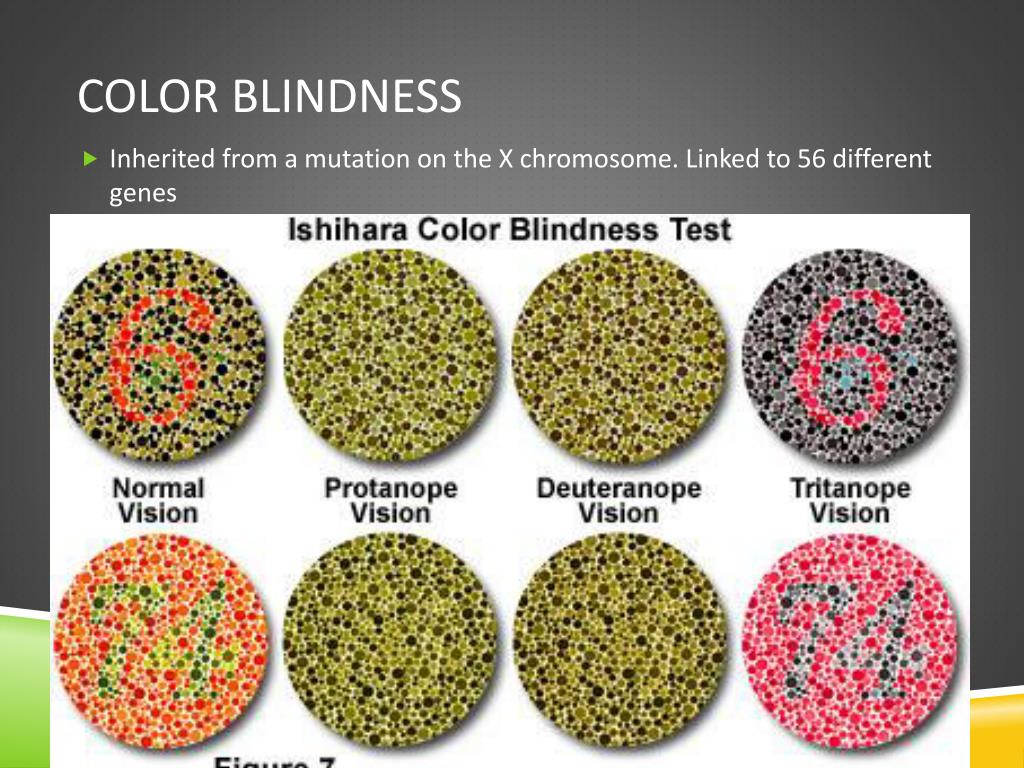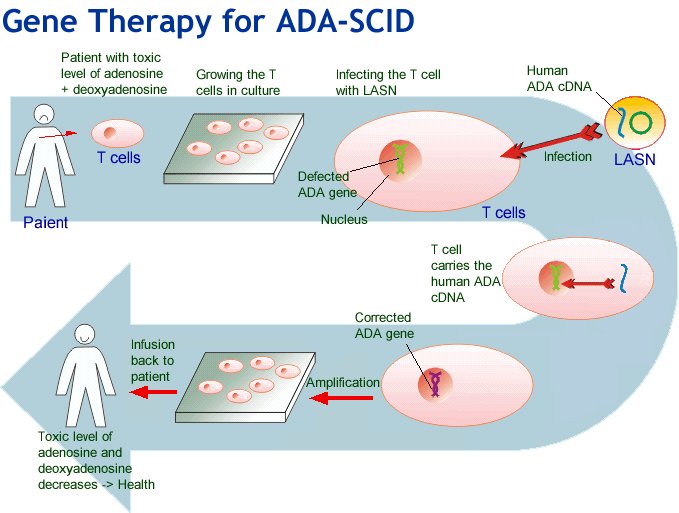How to tell if your child is athletically gifted baseball
How To Tell If Your Child Is Athletically Gifted Baseball
Share this post
Children show signs of athletic excellence very early in their lives. As parents, it is our duty to notice that ‘it’ factors in them and helps them become world-class sports persons. So how to tell if your child is athletically gifted baseball?
For some, they have a eureka moment when suddenly they realize their child is inclined to sports. Others have to find out if their little ball of joy can become the next Roger Clemens.
The athletic quotient in your child can be inherited from you or your partner. Children often share interests and talents with their parents or other blood relatives.
Apart from that, there are other tell-tale signs that your child might be showing which is yet to be identified. Being an ex-baseball player, and a baseball coach to school students. I can say that the most important quality someone can possess is patience and perseverance.
My experience says confidence makes a player a good player. Let’s see what are the other signs your child is athletically gifted.
Contents
How To Tell If Your Child Is Athletically Gifted Baseball
Balance is the key
We all know how important balance is for any sport. Be it soccer, basketball, or baseball, when one has a good sense of balance, it helps them have a sharp posture.
Balancing the posture in baseballBabies often start to have a sense of balance from their first year. If you see that your young champ is developing better control of their body movements, you are probably growing the next baseball champion in your home.
Leadership Skill
According to The Pennsylvania State University, leadership skills show signs of confidence in your children. The ability to make small decisions in their early years helps them make better decisions both in the field and in their future years.
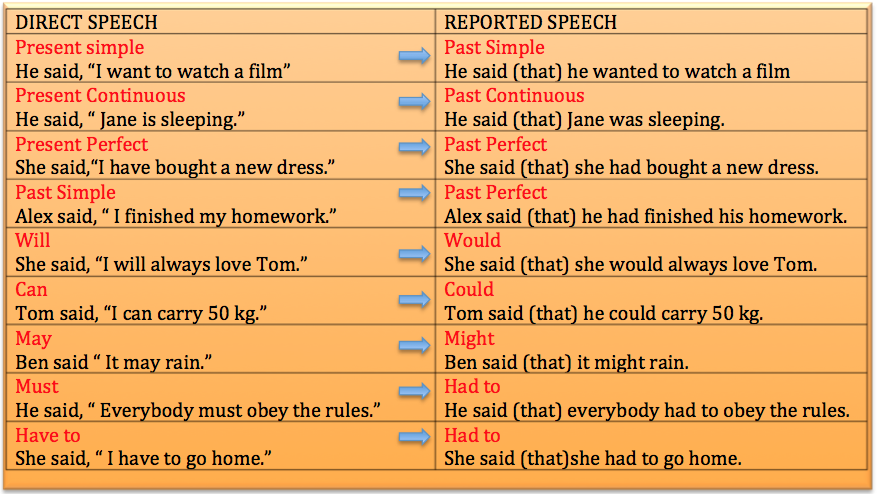
See if your children can come up with creative solutions to their daily obstacles. It can be anything like dodging the bed rails, building a block home, or choosing what clothes to wear for the day.
Children with leadership skills are better at solving problems, and they can work in teams and have higher self-confidence. You can teach your children to be independent and give them sensory toys and puzzles to shape their young minds.
Although there are debates about whether children are “born leaders” or “learn to be leaders,” if you are wondering how to tell if your child is athletically gifted baseball, working on their leadership skills might help you get the answer.
Quick Learning
Quick learning does not necessarily mean being a quick textbook learner. A child can have talent in other aspects too. If your child grasps things quickly and can easily replicate your task, they might be a quick learner.
Learning capabilities of your childThese children are curious about their surroundings and have an enthusiastic attitude towards learning new things. They are often self-sufficient and take pride in their work. If your child is a quick learner, they might have the potential to be a good baseball player.
They are often self-sufficient and take pride in their work. If your child is a quick learner, they might have the potential to be a good baseball player.
Did you know that one of the greatest baseball players of all time, Babe Ruth started his career at an early age and was a keen learner? Ruth was exceptionally good at pitching and hitting and was first noticed by Baltimore Orioles’ owner Jack Dunn.
You can also play baseball with your children in your backyard or in the nearby field. Ensure their safety and make sure they wear the perfect gear to protect themselves.
Baseball wrist tapes are fashionable and useful sports gear that can escalate your child’s confidence as well as protect their young hands from any injury.
Hand-eye coordination
Although babies are born with zero hand-eye coordination, this skill is developed over time. Your child’s hand-eye coordination can be polished by playing baseball, handwriting, shooting or catching a ball, etc.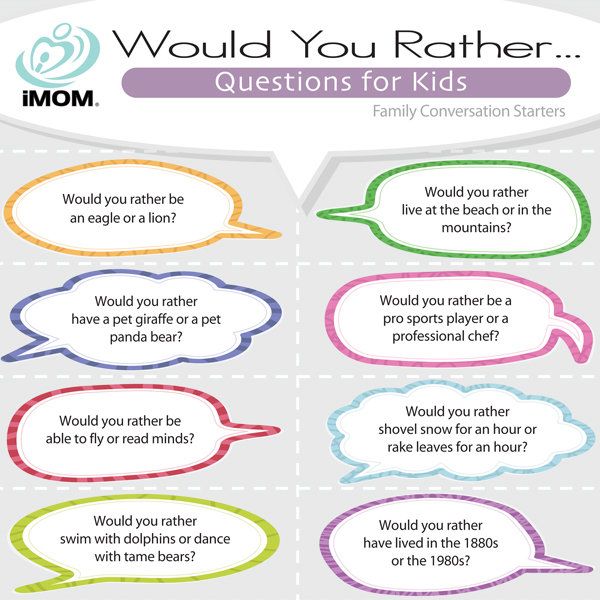
Hand-eye coordination requires our brain to receive information through our eyes, process it, and guide us to perform with our hands and feet. The faster our brain works, the better coordinated we become.
If your child shows well-coordinated hand-eye movements, you may have been blessed with a future athlete. Following an object with the eyes and responding accordingly with hands and feet gives a heads up in the sport.
Explore your child’s inner sportsmanship by playing exciting games and introducing them to new sports rules every now and then.
Endurance
It is natural for children to get easily agitated by the slightest inconvenience. However, I have seen children in the field who are stubborn (in a good way, of course) and have great endurance, who want to achieve their target no matter what.
Some fifth-graders in my school refuse to sideline even after a bleeding wound, whereas I have seen eighth-graders start limping after a scratch.
Dedication and perseverance in baseballDefinitely, having a lower endurance level is not a bad thing.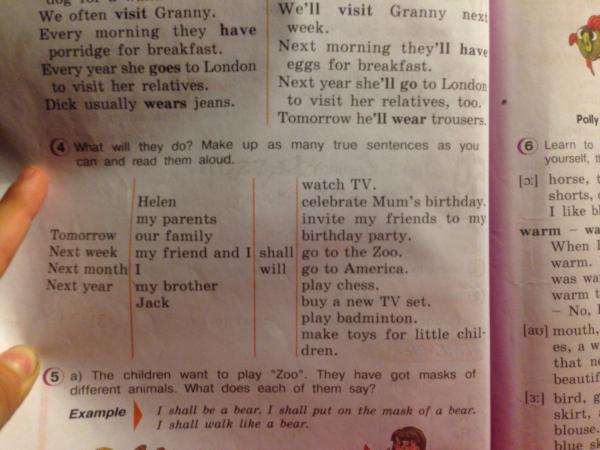 However, great players often have higher endurance levels and are more focused on the field.
However, great players often have higher endurance levels and are more focused on the field.
Being able to endure tough situations makes players determined, and they do not easily give up, no matter how difficult situations get on the field. You can help your child practice endurance by different coaching techniques from a young age.
Exercise with your child, and you can also engage your children in swimming, brisk walking, biking, etc.
Always keep in mind that elementary or high school players do not follow the same baseball techniques as adults. The rulebooks for younger players are vastly different. You can read the details in this blog. Baseball Drills For 10-Year-Olds
Adaptability
Adaptability, like endurance, can be coached in children. However, some children are born with this quality. Adapting to regular day-to-day struggles and bouncing back from a challenging situation helps children build a strong personality afterward.
You can observe how your child/children react to a situation when it is not in their favor. Always teach them to be respectful towards adults and empathize with those in need.
Always teach them to be respectful towards adults and empathize with those in need.
Determination
Famous American author Napoleon Hill once said, “Victory is always possible for the person who refuses to stop fighting.” This quote genuinely depicts how important determination is for a person.
Determination and focus on the goal will always keep the spirit alive in a sportsperson. No matter how difficult the journey gets, an athlete will never leave behind their dream.
Consistency is the secret of a great player. As Rickey Henderson said, “If my uniform doesn’t get dirty, I haven’t done anything in the baseball game.”
Stamina
All our everyday activities require stamina. When it comes to sports like baseball, stamina is one of the core factors. Pay attention to your children’s stamina level and how well they perform in the field.
Stamina is an excellent trait of an athleteSome children are genetically gifted with higher stamina levels.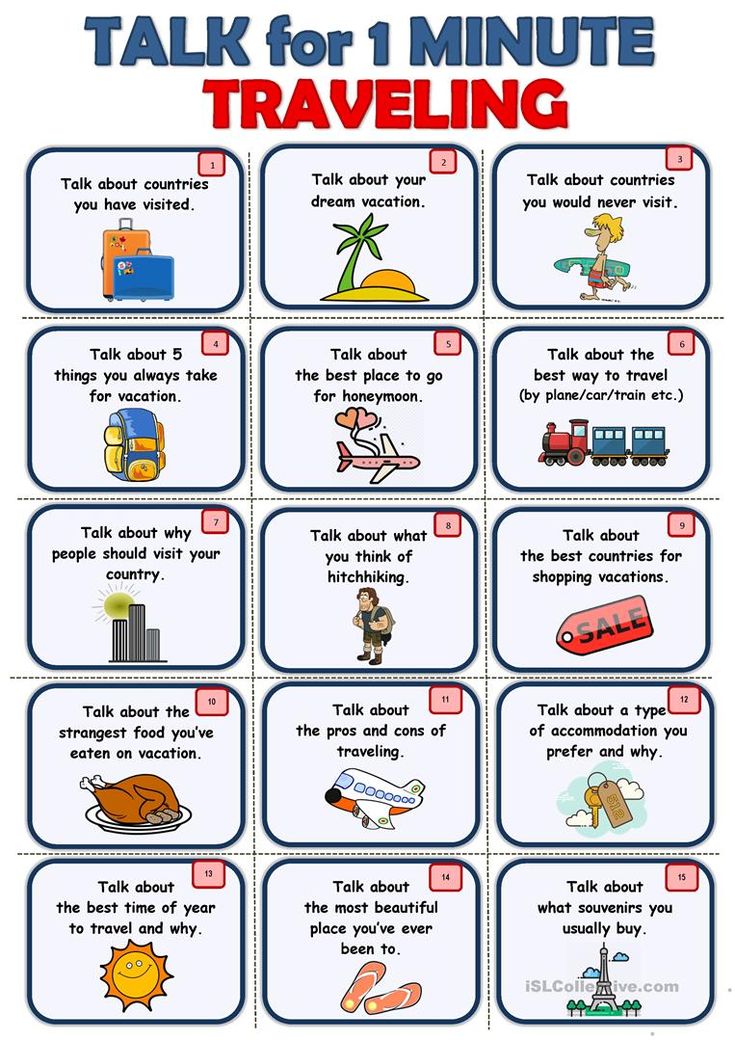 If your child is one of them, they have a great possibility of becoming a successful baseball player. An athletic child will actively participate in regular practice and an enthusiastic learner.
If your child is one of them, they have a great possibility of becoming a successful baseball player. An athletic child will actively participate in regular practice and an enthusiastic learner.
You should also look after their diet and ensure proper rest. Never forget your child can achieve anything with proper care and support. You can help your child get better immunity and stamina through adequate coaching.
Introduce your child to Baseball
Good things take time. To get the best out of your little champion, introduce them to the game from an early age. Give them baseball gifts to entertain their young mind and to make the process more fun.
Teach them the basics first. You can toss a ball back and forth or can also tell them to swing and hit. These initial playful activities will keep them engaged in the game, and you can also figure out signs your children are athletic.
What to gift your little sportsmanFrequently Asked Questions
Q.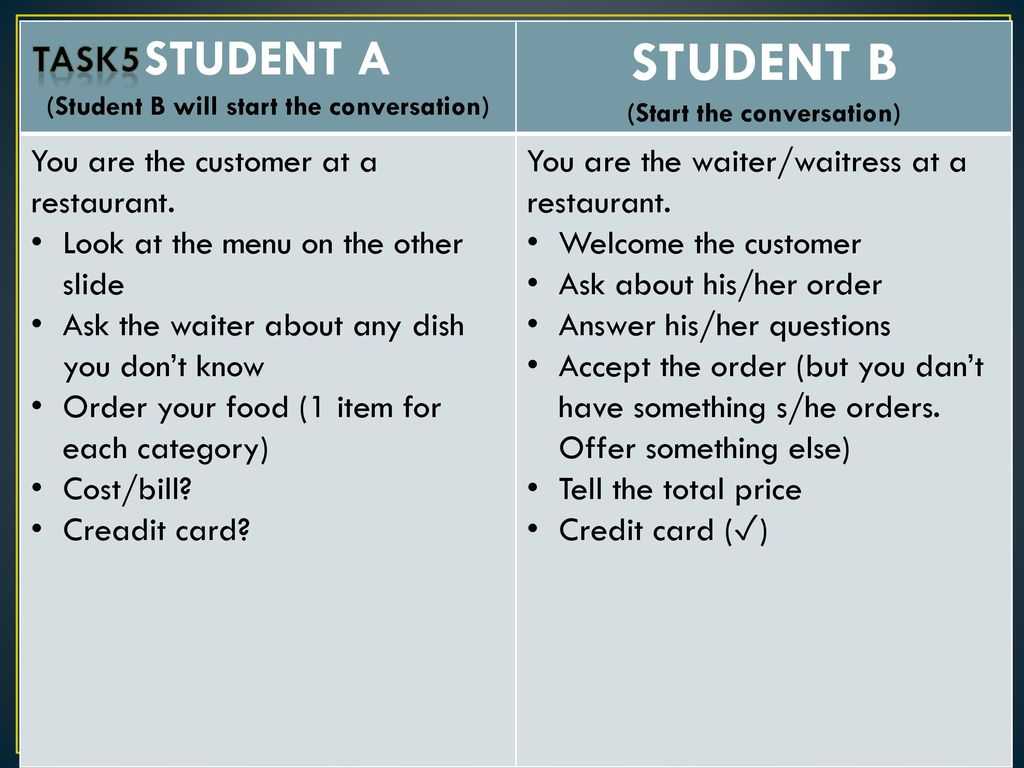 At what Age can You tell if a Child is Athletic?
At what Age can You tell if a Child is Athletic? A: You can see signs of athleticism in your child from age 10 to 13. At this age, children discover the world around them and show interest in what they really love doing.
Q. Does Family Background Play a Role in Athleticism?A: It is not necessary to come from a family of athletes to become a baseball player. In fact, the majority of baseball players do not belong to an athletic family.
Q. How to Encourage Children to Play Baseball?A: As a coach or parent, you should always introduce your children to baseball in a fun way. Keep room for failure and disappointment because if they are not making mistakes, they are not learning.
Here are some Baseball Drills for 7-year-olds.
Q. When is it too Late to Start a Sport?A: Well, it is never too late to introduce your children to something new. As long as they participate wholeheartedly, they can start playing baseball at any age. Whatever you do, make sure your children enjoy it, and you never force your decision on them.
As long as they participate wholeheartedly, they can start playing baseball at any age. Whatever you do, make sure your children enjoy it, and you never force your decision on them.
Final Word
If you are still fascinated about how to tell if your child is athletically gifted baseball, take your bat and baseball and get out to enjoy a summer day with your children. You can call all your friends and their kids to make your children’s summer holidays more enjoyable.
Look for the qualities mentioned in the blog and if you want your children to flourish as professional baseball players, nurture their gifted skills and support their dreams.
You can check out my other articles for more insights-
How To Break In A Catcher’s Mitt (Tips You Need To Know In 2022)
How Many Baseballs Are Used In A Game? Surprising Facts!
Top 3 Wilson Outfield Gloves | MLB Players’ Choice
24 Biggest MLB Stadium | You Must Visit
Share this post
10 Signs Your Kid is Athletically Gifted
Watching the Tokyo Olympics last summer, you probably wondered if your child was good at sports too? For some reason, as dads, we like to think that we are raising elite athlete kids all the time. Living in societies that praise sports and muscular strength certainly pushes us to do so. Plus, with more and more money going into the world of sports, it’s no wonder dads want to know how to make their babies athletic. In this post, we’ll help you recognize the warning signs of whether or not your child is athletically gifted.
Living in societies that praise sports and muscular strength certainly pushes us to do so. Plus, with more and more money going into the world of sports, it’s no wonder dads want to know how to make their babies athletic. In this post, we’ll help you recognize the warning signs of whether or not your child is athletically gifted.
1. Sense Of Balance
Balance is the ability to have complete control over your body movements. Toddlers who have a great sense of balance show you good signs of athletic ability. As a father of 4 myself, I have been watching my babies evolve from the beginning. My boys quickly developed a good sense of balance at around 10/11 months. A few months later, they were uncontrollable: they jumped off the couch and always landed on their feet, ran at full speed without falling, etc.
After this period, they continued to improve their natural skills and confirmed their good athleticism. They have since both enrolled in high-level sports to become elite athletes in soccer and ice hockey respectively. This does not surprise me at all given the energy and physical aptitudes they displayed early on in their lives.
This does not surprise me at all given the energy and physical aptitudes they displayed early on in their lives.
2. Speed
Speed is a valuable aspect of success in any sport. It is correlated to a child’s motor skills, which differ greatly from child to child. My second son, Lenny, blew us away with his exceptional running speed at the age of 24 months.
Offering your child high-carbohydrate snacks, peanut butter, apples or yogurt, alongside training, is a great way to help improve his speed. In all cases, natural speed is an advantageous physical skill for sports.
3. Hand-Eye Coordination
This notion refers to your child’s ability to process information received from the eyes to control, guide and direct the hands or feet in performing a given task, such as handwriting, catching a ball or shooting a ball. Babies are born without any coordination. This is a skill they learn over time.
If your child shows very good hand-eye coordination skills at an early stage, there is a good chance that you are dealing with a gifted future athlete. Being able to follow an object with your eyes and respond with a proper hand or foot movement is a huge advantage in sports.
Being able to follow an object with your eyes and respond with a proper hand or foot movement is a huge advantage in sports.
Go out with your little one, throw a few balls and watch them perform. As for my boys, they both started with tennis. This sport requires very good hand-eye coordination to hit the ball on time and effectively. Not to compare them, but one of them was definitely better than the other at the same age (about 3/4 years old).
4. Muscular Strength And Endurance
Muscular strength is the ability of your kid to exert force against resistance. On the other hand, muscular endurance is the ability of a muscle or group of muscles to exert force repeatedly. Muscular endurance is similar to muscular strength in that strength is required to initiate movements, but it is the muscle’s endurance capacity that enables it to continue for multiple efforts.
When your child has a lot of muscular strength and shows signs of endurance, you’re dealing with a ready-to-explode cocktail Molotov.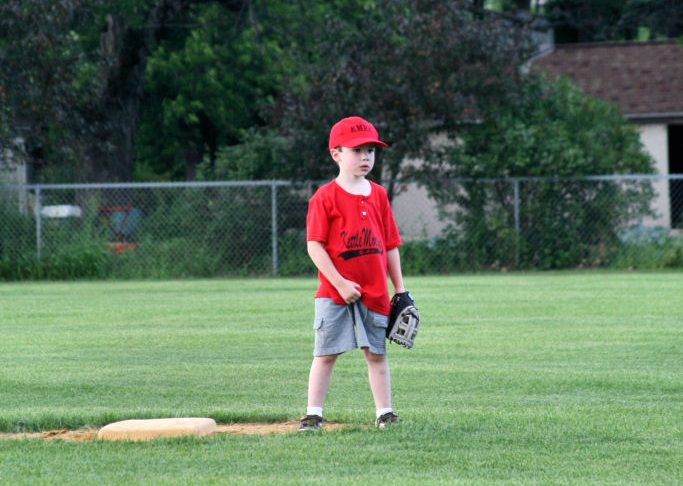 My then two yo son Lenny, could lift his own body weight for a long period of time which really got me puzzled back then. That’s why, if your little one is physically strong and hardy, I can safely say it has serious assets to rely on when contemplating a career in sport.
My then two yo son Lenny, could lift his own body weight for a long period of time which really got me puzzled back then. That’s why, if your little one is physically strong and hardy, I can safely say it has serious assets to rely on when contemplating a career in sport.
5. Leadership
In addition to your child’s physical abilities, you need to consider various personality traits. Is your child a leader? How does he or she interact when in contact with other children? I remember my oldest son was always the one pushing his preschool friends to do silly things. He was always the one who led the group and was successful among his peers.
The most surprising thing is that when we left France for Germany, my then 3-year-old son didn’t speak any German at all. And yet, guess what? After a few months of adapting to the local culture, he was a born again leader. Mom and I could hardly believe it, but we understood this life lesson: You can’t erase someone’s personality.
A natural leader is still a leader, no matter what the circumstances.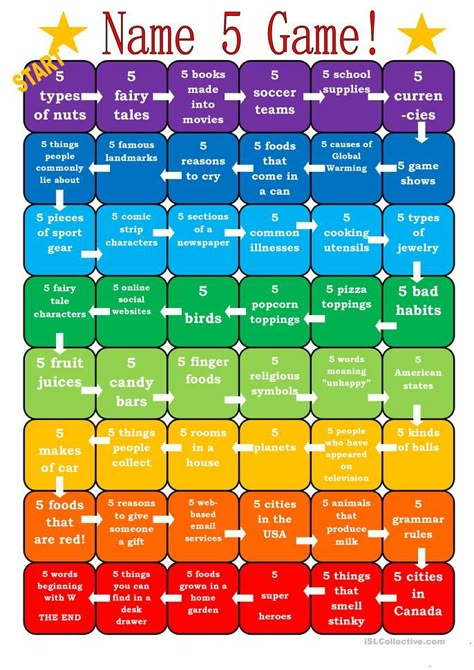 Leadership was really what made our son stand out early in life.
Leadership was really what made our son stand out early in life.
6. Fearlessness
This attribute is essential. A kid who never stops and has a taste for risk can potentially become a good athlete. Let’s face it. At an age where most kids are afraid to take risks and get hurt, if your child isn’t afraid of that, he has a pretty solid fearlessness that will help him a lot in sports.
I remember my 2nd son always wanting to jump around and do things that I would consider a little dangerous (basically wild jumps). He was never afraid and only learned about his boundaries by getting hurt. This is the flip side of the coin. These kids can get seriously hurt because they act almost instinctively…
7. Resilience
Resilience is the ability to bounce back after challenges and tough times. Children who are resilient overcome setbacks over and over again. By observing your child you’ll be able to tell if it tends to give up in front of adversity or if he fights back and stands up again.
Sure, resilience like any other asset mentioned in this post, can be developed in a child and coached. However, some kids have this natural fire inside, which makes them never want to let it go and get back on track in no time!
8. Mental Toughness
Mental toughness is to me one of the most powerful asset, and plays a major role in so many different sports. It allows athletes to raise their game when needed and win even when doubted out. The ability to show signs of determination to flip complicated situations is an appreciative element when competing at the highest level. Learning to master one’s emotions and turning them into positive energy is the requirement to be a successful athlete.
When put under pressure, mental toughness is what allows you to rise and surpass yourself. This kind of “Killer mindset” is very unique and linked to the personality of your child.
After watching my two boys from afar, I knew that one of their main differences was their mental strength.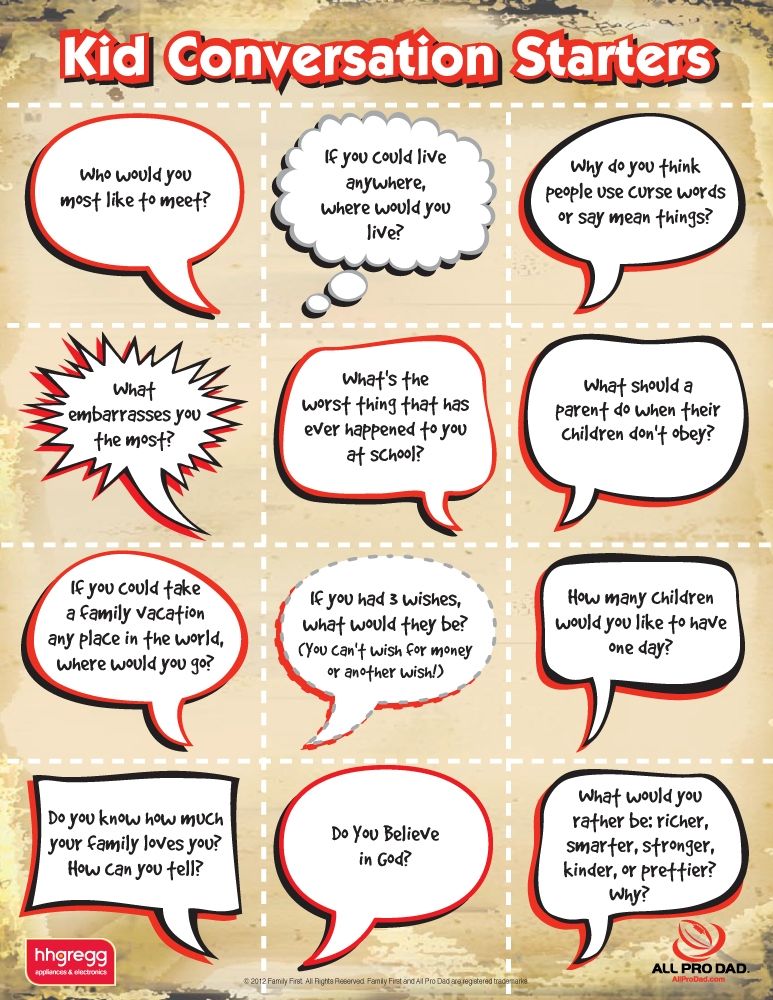 So don’t underestimate this aspect, as it can turn a butterfly into a dragon!
So don’t underestimate this aspect, as it can turn a butterfly into a dragon!
9. Quick Learning Ability
A child’s ability to learn quickly should not be overlooked. Is your child able to reproduce quickly what he or she has seen? Fast learners are usually very curious and will take any opportunity to learn new things.
In addition to an appetite for learning, they have a taste for independence. They are proud to show off their skills. A fast learner tends to copy the behavior of others and learn quickly from the experience. Pay close attention to your child’s learning abilities to better assess his or her potential for the sport.
10. Competitiveness
If you observe a group of children, chances are you will hear “I am the fastest”, “I am the strongest”, “I am the best”. In fact, children want to be associated with the values that our society promotes, even unconsciously.
Moreover, competitiveness is taking over every aspect of life. Parents want to raise the smartest, bravest and strongest children to ensure that they get into the elite schools, the most popular sport clubs, etc.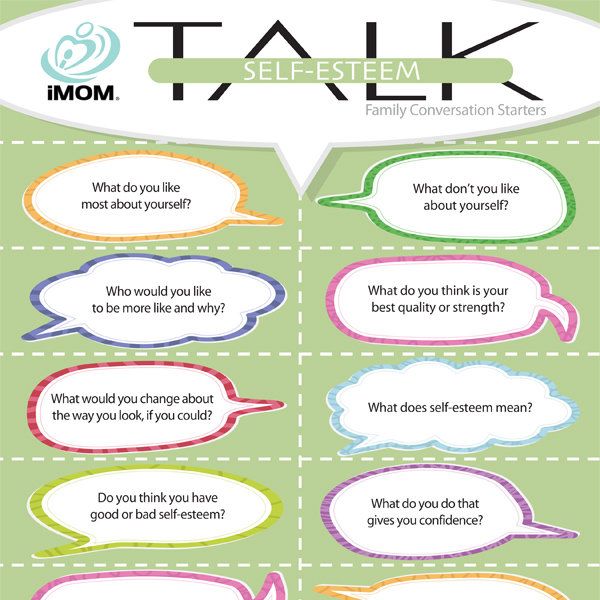 Even though, on the other hand, we all agree that parents should avoid imposing their agenda on their children. Like any skill, your child’s competitiveness can be stimulated by playing sports for instance.
Even though, on the other hand, we all agree that parents should avoid imposing their agenda on their children. Like any skill, your child’s competitiveness can be stimulated by playing sports for instance.
Take Away
The word “Talent” is commonly used and we all love to see talented people of all ages in action. However, talent alone is not enough to stake a professional career, as many factors such as genes, environment and a child’s mindset come into play.
Through hard work and discipline, talent can be developed and improved. But the journey will be long anyway. That is why it is important to take it easy on the child and ensure his or her mental and physical development along the way.
Get inspired, motivated, and entertained by joining us today!
Invalid email address
How to identify a gifted child - features of work and education of gifted children, development of giftedness
<
Who are gifted children
Gifted children have a high potential in any field of activity. American psychologist Joseph Renzulli believes that giftedness lies at the intersection of ability to do something, creativity and motivation.
American psychologist Joseph Renzulli believes that giftedness lies at the intersection of ability to do something, creativity and motivation.
Gifted children are often called " geeks "( from the German "wonder child" ), but these concepts should be distinguished.
Gifted children are distinguished by a high rate of development , that is, by a potential that can develop into talent or die out. Every fiftieth child is considered gifted in one area or another.
Geeks, on the other hand, are ahead of developmental norms from an early age and demonstrate culturally significant achievements. For example, Wolfgang Amadeus Mozart created his first piano works at the age of five, and the mathematician Blaise Pascal wrote a scientific treatise at nine. A child prodigy is born one in a million people.
Giftedness is a set of abilities that can be applied to the interests of the child.By developing only one skill, you can not assume that you are improving the giftedness.
Elena Petrusenko, psychologist "Home School of Foxford"
¾
Types of gifted
unified classification, but most often psychologists distinguish five types of giftedness:
9000 osci- intelligent givingress0010 is characterized by increased observation, concentration and the ability to analyze information. These children have high IQs, strong critical thinking, and tend to excel in one subject.
- Academic talent means excellent memory. Such children easily learn school material, they can learn on their own, because the learning process brings them pleasure. As a rule, they are able to complete the program of several classes in one academic year.
- Creative giftedness can manifest itself in a rich imagination and out-of-the-box thinking. A special case is creative talent, that is, children's propensity for drawing, dancing, music, versification, acting and other arts.

- Social giftedness of lies in the presence of leadership qualities, a high level of empathy, intuition, and bright charisma. Such children can communicate easily with people of different ages and often have innate emotional intelligence - a receptivity to the feelings of others.
- Psychomotor giftedness implies physical development ahead of age. Such children from an early age show interest in outdoor games and sports.
How to identify a gifted child
Giftedness is the result of a complex interaction of heredity, upbringing and self-development. In 50% of cases, the special abilities of the child are manifested by the age of 5–6 and are fully revealed by 8.
To date, there is no single method that would allow you to accurately determine whether a child is gifted or not. As a rule, a complex of different tests is used. For example, the Stanford Achievement Test is used to assess the level of intellectual development, and the Torrens test is used to identify creative inclinations.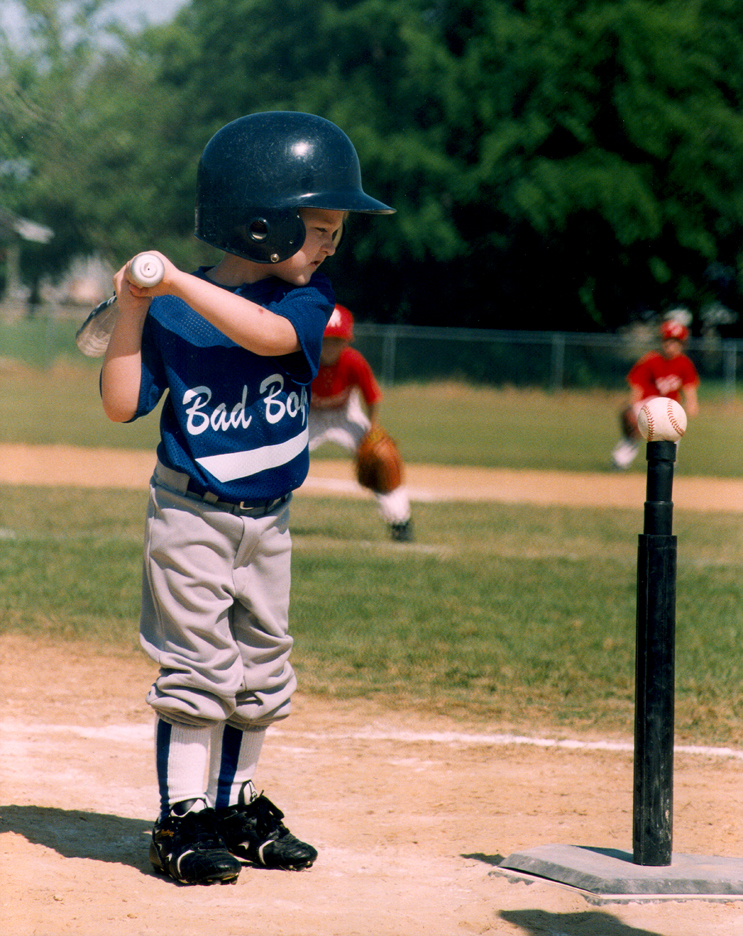
At home, a child's giftedness can be revealed only by observing how he spends time and what topics make him fire in his eyes, as well as helping him find himself in various activities.
Here are some factors that can indicate a child's giftedness. These criteria are not mandatory, but may appear from time to time:
-
- Early development. Gifted children often learn to speak, read and write before others.
- Good concentration and memory. If a child easily memorizes poems, lyrics and facts of interest to him, he may be gifted.
- Developed speech. The vocabulary of gifted children, as a rule, is wider than that of their peers. They easily introduce new words into the lexicon and use them skillfully.
- Mobile thinking. Gifted children learn hypothetical and abstract thinking early. They tend to improve games and find tricky ways to solve problems.

- Rich fantasy. By the way and what a child plays, one can also judge his giftedness. Talented children tend to invent entire worlds, plots with unbanal twists and selflessly transform into characters of their fantasies.
- Cognitive interest. Gifted children may be interested in deeper topics than their peers. If a child shows interest in a particular topic or activity for a long time and persistently, is not satisfied with simple answers and longs to get to the bottom of it, this may be a sign of talent.
Identification of giftedness in a child should not be an end in itself, but it can help to reveal the child's potential. To do this, you need to encourage his hobbies, even if they do not seem to be something worthwhile. A child who loves to invent non-existent words may become an outstanding linguist in the future, and a young lover of drawing patterns in school notebooks has a chance to grow up to be a popular designer.
The world always makes higher demands on those who are not up to standard. The society reacts actively: competitions, olympiads, expectations of relatives and teachers, envy of peers. Failure and competition create tension that makes it difficult to focus. Therefore, it is important for gifted children to seek psychological counseling - to anticipate problems so as not to solve them later.
Elena Petrusenko, psychologist at Foxford Home School
Schools for Gifted Children
Tyumen State University School for the Gifted.Source: abiturient.utmn.ru
Gifted children need a special approach based on several principles:
- Reliance on motivation. Learning should nurture the child's innate cognitive interest.
- Freedom of choice. The school should give students the right to receive knowledge, and not force them to study what they do not like.

- Individualization. The child should be able to devote more time to subjects that interest him.
- Respect for independence. It is important for gifted children to find answers themselves, “chewing” the material kills the motivation to learn.
- Freedom of expression. Gifted kids have their own point of view on almost everything. It is important that they can express it without problems.
- Project activities. Designing projects that involve children's different abilities develops them and awakens their interest.
- Group work. Many gifted children are introverts and individualists. Working in small groups allows them to develop communication skills.
- Tolerance. Some gifted kids find it hard to follow school rules, especially if they don't see the point in them. Teachers should treat their peculiarities with understanding.
- Teacher training. Teachers should know how to work with gifted children. Teachers are required to have sensitivity, developed empathy, a broad outlook, and a creative outlook.

There are few schools in Russia that meet these conditions. Most are located in major cities. Here are the most famous of them:
-
- Boarding school of Moscow State University M.V. Lomonosov Moscow State University (Moscow)
- Higher School of Economics Lyceum (Moscow)
- Intellectual Boarding School (Moscow)
- Letovo School (Moscow)
- Sirius Educational Center (Sochi)
- N.N. Dubinin (Vladivostok)
- Governor's Svetlensky Lyceum (Tomsk)
One of the options for educating young talents is family education. Parents can choose the right program for their child and create comfortable conditions for classes. Family education allows you to devote more time to additional activities, combine studies with tours, sports competitions, or complete the program faster than peers.
Tips for parents of gifted children
Together with psychologist Elena Petrusenko, we have prepared some tips for raising gifted children.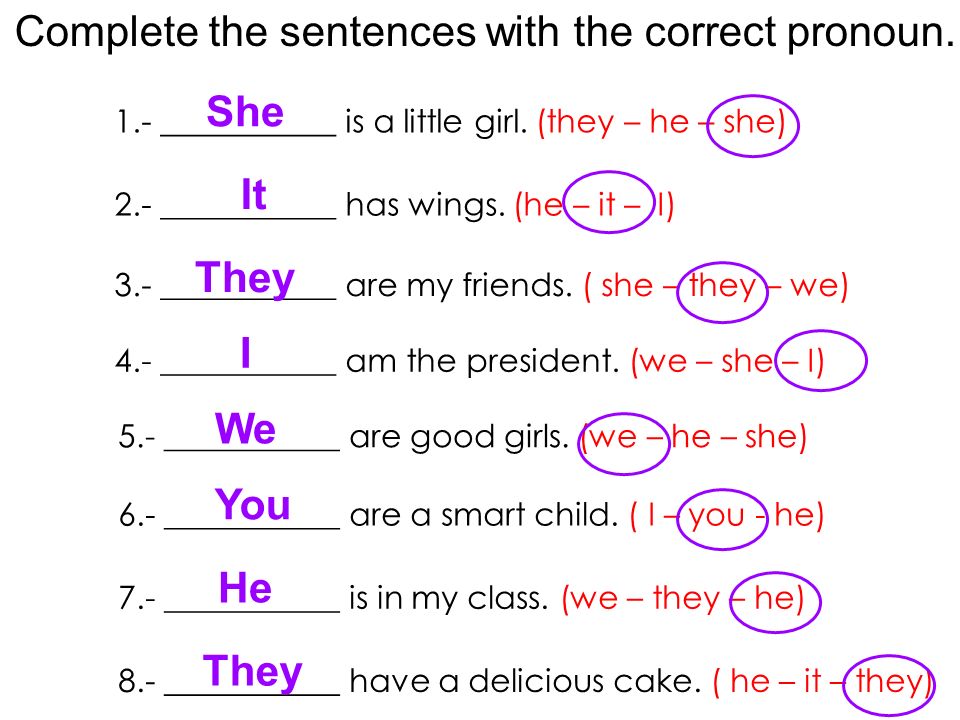
Advice 1. Contact a specialist
If you notice that your child is showing unusual abilities, contact a specialist. A psychologist will help determine the type of giftedness, and a tutor will help you choose a suitable development program.
<>
Tip 2. Try different things
Develop your child's talents by attending clubs and sections. There he will not only be able to learn more about his favorite business, but also meet like-minded people.
Advice 3. Don't push
It happens that a child does not want to do what he has a predisposition to. For example, having absolute pitch, he hates to sing and loves hockey. He has a right to it.
You should not demand unconditional success from a child in everything he does. This leads to the development of an excellent student syndrome, which can have sad consequences.
Tip 4: Praise but don't overpraise
No matter how impressive the ability, you should not constantly emphasize the exclusivity of the child.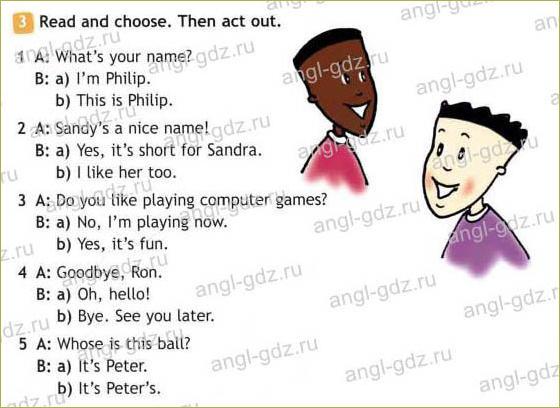 Belief in his own superiority is unlikely to help him join any team. And if, with age, the child ceases to be ahead of others in development, he may suffer severe disappointment.
Belief in his own superiority is unlikely to help him join any team. And if, with age, the child ceases to be ahead of others in development, he may suffer severe disappointment.
Advice 5. Balance development
If a child is an intellectual, he still needs to move a lot and be in the fresh air regularly. For a young athlete, in turn, it is important not to forget about mathematics, spelling and other disciplines.
Tip 6. Look for like-minded people
Precocious children often have difficulty communicating. Peers shun them, or they themselves avoid contact with other children. It is important to help the child find a company in which he will become his own. It does not have to be peers, perhaps it will be more interesting for him with older guys. The main thing is that they understand his way of thinking and share his interests.
Tip 7: Be sensitive
Don't let your child's giftedness become a barrier between you.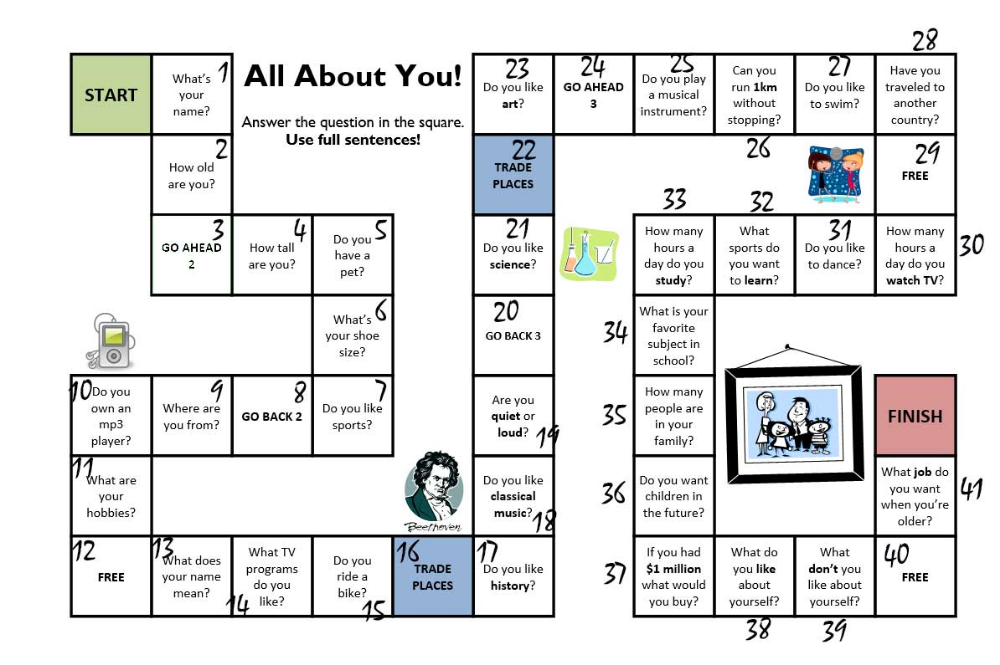 If his hobbies are not close to you and you don’t even understand what he is talking about, look for other points of contact and keep in touch. No matter how developed a child is, he is still a child, and he needs your love, support and approval.
If his hobbies are not close to you and you don’t even understand what he is talking about, look for other points of contact and keep in touch. No matter how developed a child is, he is still a child, and he needs your love, support and approval.
Advice 8. Love the child as he is
If the child's abilities become average with age, don't be discouraged. Half of the gifted children by the age of 15 cease to stand out among their peers, and only a few grow into real geniuses.
Giftedness in childhood does not guarantee success in adulthood. In turn, not all talented adults in childhood showed giftedness.
The presence or absence of any talents in a child should in no way affect your attitude towards him. Love him for who he is, let him be himself. After all, the main thing is not to raise a genius, but a mentally healthy and happy person.
how to find the key to success
What is gifted? Giftedness is too general a term. Before developing talents, you need to understand how the abilities of a young talent are manifested. A child can sing, dance, draw well, show a craving for the exact sciences, information technology.
Before developing talents, you need to understand how the abilities of a young talent are manifested. A child can sing, dance, draw well, show a craving for the exact sciences, information technology.
How to do it? The development of gifted children is the responsibility of parents. Giftedness in itself does not guarantee stunning success in the future, if you do not deal with the child, do not direct his activity in the right direction.
The article tells:
- Who are gifted children
- Revealing talent in gifted children
- Problems in the development of gifted children: what parents may face
- Proper upbringing and development of gifted children
- Development of gifted children in the field of information technology
- GeekBrains training is the best way to develop gifted children
-
Take the test and find out which field suits you:
IT, design or marketing.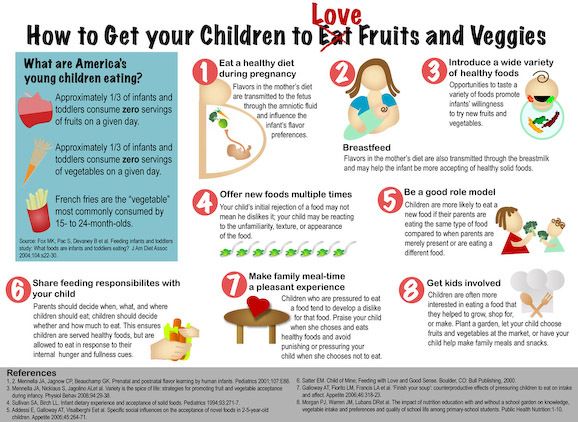
Free from Geekbrains
Who are gifted children? The outstanding educational psychologist J. Renzulli explained giftedness as a combination of potentially high intelligence with perseverance in achieving goals and creative thinking.
The problem of the development of gifted children worried people in ancient times, when philosophers thought about the meaning of the terms "genius", "talent", "giftedness". Later, from the German “miracle child”, another name appeared for extraordinary children - a child prodigy. All these concepts should be distinguished.
Who are gifted childrenProdigies are young talents who differ from their peers from an early age and make phenomenal cultural or scientific achievements. There are many examples in history that still amaze mankind. In particular, the famous composer Wolfgang Amadeus Mozart wrote plays when he was still five years old, and by the age of nine he had created a symphony.
Pablo Picasso was already called an established artist by the age of 12, and at sixteen he opened his first exhibition. The now famous mathematician Blaise Pascal wrote a scientific treatise at the age of nine.
The now famous mathematician Blaise Pascal wrote a scientific treatise at the age of nine.
The birth of a child prodigy is a unique case, while two out of a hundred children can be gifted. However, the potential that is born in them from an early age may not even be noticed, but it can also be developed into talent. If a child is clearly succeeding in some kind of activity, this does not mean at all that only this direction needs to be worked out.
They say that talented people are talented in everything. That is, parents need to comprehensively enrich the little personality, focusing on special abilities.
In psychology there is a conditional division of types of giftedness:
- Intellectual . Such giftedness is endowed with children who are able to analyze and classify information, think critically and are able to concentrate on one action for a long time. They are observant, have a high level of intelligence and make special progress in the study of a particular subject, and then a certain area.

- Academic . This talent is characteristic of children with excellent memory. Knowledge comes easily to them. Academically gifted students receive positive emotions from the learning process and can independently master any material, and are often able to master the program of the current academic year much faster than their peers.
“I want to be like Steve Jobs or Mark Zuckerberg!” the child says. Well, great choice! If you want to, so that your child keeps up with the times and has a successful future, we advise you to prepare it now, from an early age.
How to teach a child to code to help him become a sought-after and highly paid pro, GeekBrains experts talk at a free online conference for parents and educators.
At the conference you will learn:
- How best to prepare a child for IT at school. We will tell you how education differs in secondary and senior classes.
- What are the opportunities for self-realization of children interested in learning IT, even if they do not have mathematical abilities.

- That IT is not only programming and you will understand what are the directions inside and what the difference between them.
- What key skills need to be developed now to lay a solid foundation for years to come.
Upon registration, you will receive as a gift document:
Register, come to the conference and download the gift:
1517 parents have already downloaded
- Creative . The propensity for any kind of creation is characteristic of children who are creatively gifted. It is their special thinking and developed imagination that help them achieve success in creative activities. Such children are noted for musical, dancing, writing, acting or artistic talent.
- Social . A characteristic feature of socially gifted children is a set of qualities that help them quickly adapt to any social environment. An increased level of emotional intelligence and innate intuition give them self-confidence when dealing with people of any age and position.
 These are attractive individuals with stable leadership inclinations and leadership abilities.
These are attractive individuals with stable leadership inclinations and leadership abilities. - Psychomotor . Such children are ahead of their peers in general physical development. Their body has outstanding physical reserves, due to which they easily succeed in sports.
Revealing talent in gifted children
It is known that talent is not just some outstanding ability. For the formation and consolidation of talent in a person, several qualities must be combined at once:
- enthusiasm;
- character warehouse;
- desire to train a skill.
Even if all these qualities are inherent in a child, sometimes without proper training and upbringing, talent can gradually fade away. Therefore, maintaining a keen interest in one's extraordinary abilities is perhaps one of the important conditions for the development of gifted children.
There are cases when a child, not having a natural predisposition to any business, is so carried away by it that later, with the support of parents and teachers, he develops his abilities to the stage of giftedness.
In Flexible Mind, Stanford University professor Carol Dweck explains why people with flexible minds (with a growth mindset) believe that qualities can be developed by systematically working on themselves, and the initial level of intelligence and talent is just a starting point . And the encouraging position of an adult always contributes to the desire to develop abilities.
Top 30 most demanded and highly paid professions 2023
Will help you understand the current situation on the labor market
A selection of 50+ resources about the IT field
to learn new things about IT
TOP 50+ services and applications from Geekbrains
Safe and reliable programs for work today
pdf 3.7mb
doc 1.7mb
Already downloaded 19804
There is a simple test for parents: you need to remember and write down 10 talents of the child. Most often, moms and dads notice the most obvious abilities and write down about 5 points. First of all, bright talents are noted: the child sings great, makes progress in the exact sciences, or is able to compose poetry. But giftedness can also be based on ordinary features that are not immediately evident.
First of all, bright talents are noted: the child sings great, makes progress in the exact sciences, or is able to compose poetry. But giftedness can also be based on ordinary features that are not immediately evident.
For example, the child starts talking early, shows the ability to analyze information and classify objects, carefully reads dictionaries and encyclopedias, or likes to organize peers during play.
Identification of talent in gifted childrenIt happens that a child's features are annoying: he is hyperactive and overly curious, or, on the contrary, lazy and in no hurry. In this case, it is necessary to try to find out the reasons for such behavior and help the child turn them in the right direction, consolidating the strengths of a gifted child.
Problems in the development of gifted children: what parents may face
Stereotyped thinking and behavior are not characteristic of gifted children. Therefore, if you want to develop and support the giftedness of a child, you should not force him to be like everyone else, to adjust to the standards of the education system, not paying attention to individual characteristics. How are gifted children different from classmates?
How are gifted children different from classmates?
- Unique thinking . Gifted children show the ability to make independent judgments early, do not hesitate to express their own opinion and stick to their own plan of action.
- Different speed of information perception . Sometimes gifted children can solve several problems at once, processing a huge amount of information at the same time. Sometimes they immerse themselves in one topic for a long time, carefully analyzing and studying every detail.
- Obsession . Such children can often concentrate too deeply on the study of the issue of interest to them. Immerse yourself in its study, neglecting all other matters.
- Communication difficulties . Although outwardly gifted children may be no different from their peers, they often do not find a common language with them, as they feel their exclusivity and even superiority. Due to difficulties in communicating with peers, gifted children may be drawn to friendship with older people.
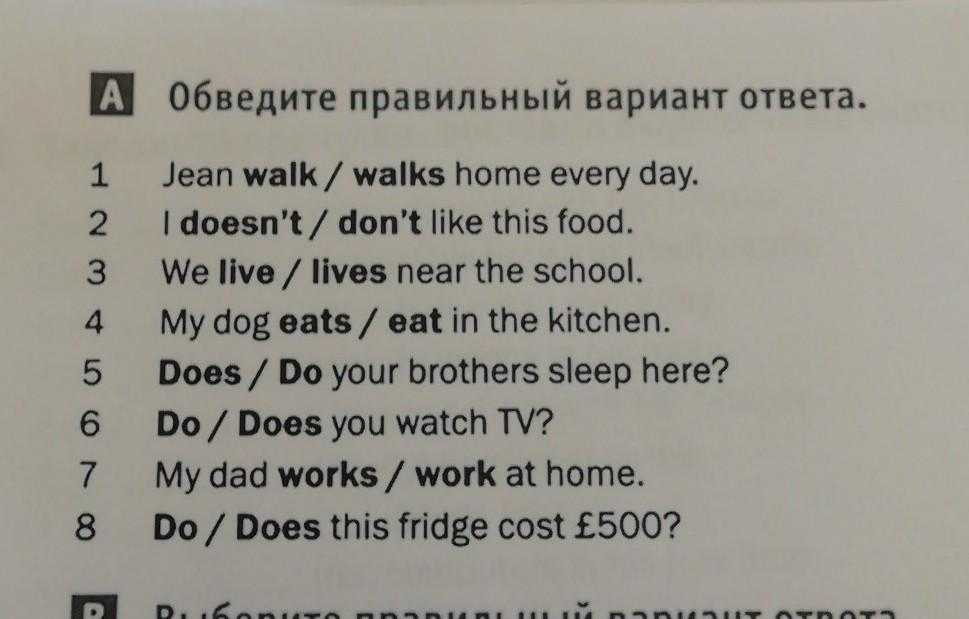 However, hierarchically, a child cannot be a leader in a circle of adults, which can make him lose interest in communication in principle and withdraw into himself.
However, hierarchically, a child cannot be a leader in a circle of adults, which can make him lose interest in communication in principle and withdraw into himself. - Request for attention from adults . Increased intellectual activity makes gifted children constantly explore and analyze something. Naturally, they ask endless questions of the adults around them. Teachers and parents must stock up on remarkable patience, raising such a child.
- Protest . Sometimes adults do not give free rein to a hyperactive child, preventing them from realizing their desire to learn new things and suppressing leadership qualities. Gifted children can react defiantly and even aggressively to such injustice towards themselves.
- Motor skills lag behind mental activity . Rapid intellectual activity, flexibility of thinking and disinhibition of mental processes sometimes prevent gifted children from concentrating on boring activities. For example, they are often in a hurry to write down everything they think, but they think at lightning speed.
 As a result, the hand does not keep up with the brain, and illegible handwriting becomes the result of such a discrepancy. In protest, the child may simply refuse to do written assignments.
As a result, the hand does not keep up with the brain, and illegible handwriting becomes the result of such a discrepancy. In protest, the child may simply refuse to do written assignments.
Accurate tool "Wheel of Competence"
For a detailed self-analysis on choosing an IT profession
A list of blunders in IT that immediately get fired
Few people talk about this, but everyone should know this
Mini- test of 11 questions from our personal psychologist
You will immediately understand what is currently hindering your success
Register for a free intensive to start understanding IT better than 90% of beginners in 3 hours.
Only until March 2
17 places left
- Negative attitude towards the school . Often the information that teachers offer in school lessons is already familiar to a gifted child. Then the template education, designed for ordinary students, becomes uninteresting to him, which means that the school itself is not attractive in any way.

Proper upbringing and development of gifted children
Having discovered a certain feature of mental development in a child, it is important to help him maintain and develop outstanding abilities. This mission primarily belongs to the parents of the baby. A gifted child can achieve exceptional results in the type of activity that interests him if his relatives follow a series of simple tips:
- You need to enlist the support of a psychologist who will help you better understand the characteristics of the child . The help of a mentor-teacher will also be useful in determining a plan for the development of a small talent.
- It should be remembered that a talented child should not get hung up on one type of activity . Contribute to the all-round development of the baby. It is necessary to help him develop intellectually, physically, socially and emotionally.
- Do not dominate by making excessive demands on the child .
 Do not just look at the child's abilities, but also listen to his desires. A talented person is talented in everything. And, for example, a child who is clearly prone to drawing may dream of becoming a football player and, in a business that gives him pleasure, will achieve greater success.
Do not just look at the child's abilities, but also listen to his desires. A talented person is talented in everything. And, for example, a child who is clearly prone to drawing may dream of becoming a football player and, in a business that gives him pleasure, will achieve greater success. - It is important to understand that it can be difficult for gifted children to find a common language with their peers . We must try to help the child find friends who are passionate about similar interests and close to his level of development.
- It should be explained to a gifted child that one should not be too self-critical, because everything does not always work out the first time . Everyone can make mistakes, and you should not reproach yourself for mistakes.
- It is necessary to praise the young talent, but at the same time to feel the measure . To be able to see the good, emphasizing individuality, and constantly overpraise, convincing of exclusivity - these are different things.
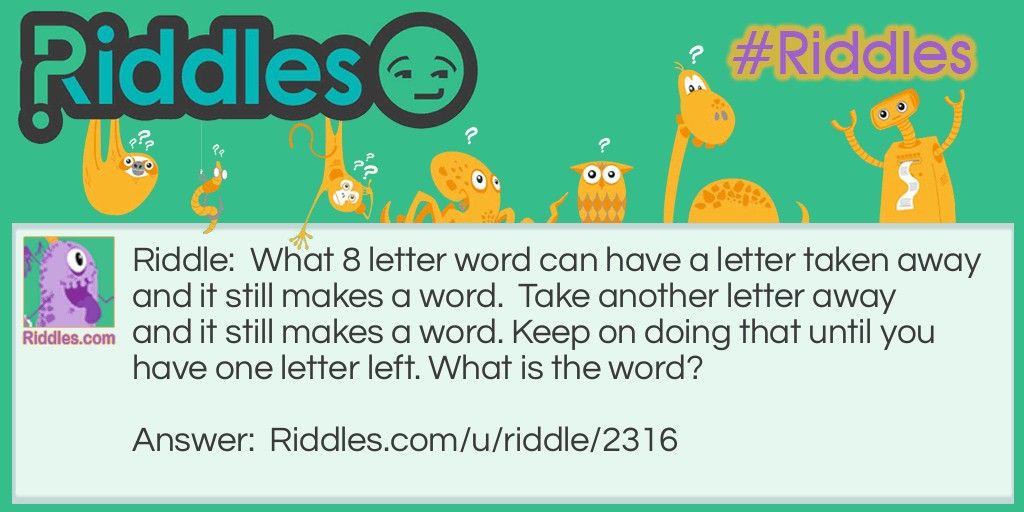
Competent upbringing of gifted children must be carried out with pedagogical and psychological support. Such children do not fit into the standard school system, and therefore require a special approach. Stereotyping and stereotyping of kindergarten and school can cause rejection of learning in children with extraordinary abilities.
Adults need to consider the needs and personality of a gifted child. Help in this:
- individualization and differentiation of education;
- various extracurricular activities;
- emotional support for a young genius;
- creation of conditions for independent work of a gifted student;
- an objective assessment of his own achievements without comparison with other, less talented children;
- free choice of additional educational services;
- small group work;
- project activities that involve different abilities of children, arouse interest, develop;
- respect for the personality of the little smart guy and tolerance towards him.

Despite his independence and striving for independence, a gifted child needs the support of adults: parents, teachers, and older comrades. Extraordinary abilities need to be developed, “fertilized”, directed in the right direction. At the same time, it is important for parents of a young talent to love their child as he is. Even if, with age, the little genius loses its originality and turns into an ordinary person.
Development of gifted children in the field of information technology
Today, the classification of giftedness has been replenished with another type of IT-gifted children. Moreover, to determine the level of abilities in this area, it is not enough to compare gifted children with their peers, because most teenagers do not write computer programs and are content with an average knowledge of the basics of computer science.
When identifying gifted children in the field of information technology, they are rather compared with adult professionals in this field. And the prerequisites for IT-giftedness can be determined by the level of abstract thinking, the presence of mathematical logic and the craving for programming.
And the prerequisites for IT-giftedness can be determined by the level of abstract thinking, the presence of mathematical logic and the craving for programming.
Giftedness in computer science often leads a child to a weakening of communication skills. Difficulties in interacting with peers are common to almost all gifted children, and children who are passionate about computer science can be more isolated than others, spending a lot of time alone with a computer. Often children with extraordinary abilities in the field of IT are faced with the problem of Internet addiction.
Meanwhile, they have pronounced creative abilities and high IQ. In the upbringing and education of gifted children in the field of IT, it is necessary to take into account the degree of influence of informatization on their psyche, trying to avoid the negative consequences of being carried away by computer technologies.
Complementary individual training programs will help smooth out such negative factors.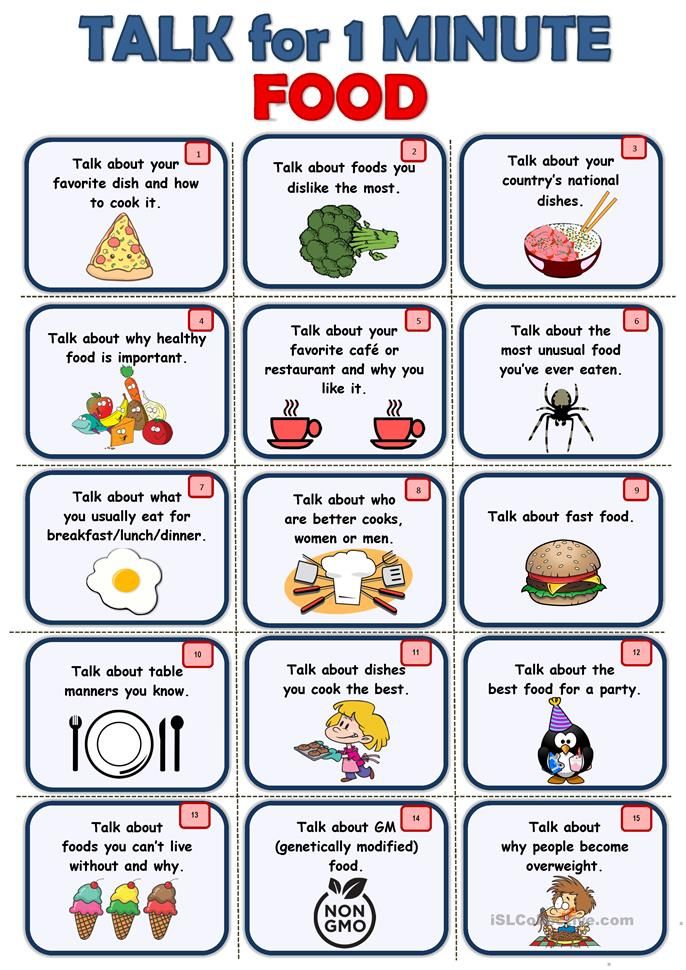 It is very important to give a gifted child access to the resource that interests him the most. Programming courses can become such a place for studying information technology.
It is very important to give a gifted child access to the resource that interests him the most. Programming courses can become such a place for studying information technology.
All the benefits of learning to code with expert guidance are available on the GeekBrains online learning platform, the best place to nurture gifted kids.
GeekBrains is the best way to develop gifted children
GeekSchool is a programming school for children aged 7 to 17. Here, children are helped to master digital skills, broaden their horizons and get promising IT professions. The training program includes the development of various areas of information technology.
Programming:
- Python.
- Scratch.
- JavaScript.
- Artificial intelligence.
Game development:
- Roblox.
- Minecraft.
- Unity.
Digital Creativity:
- Graphics.
- Animation.
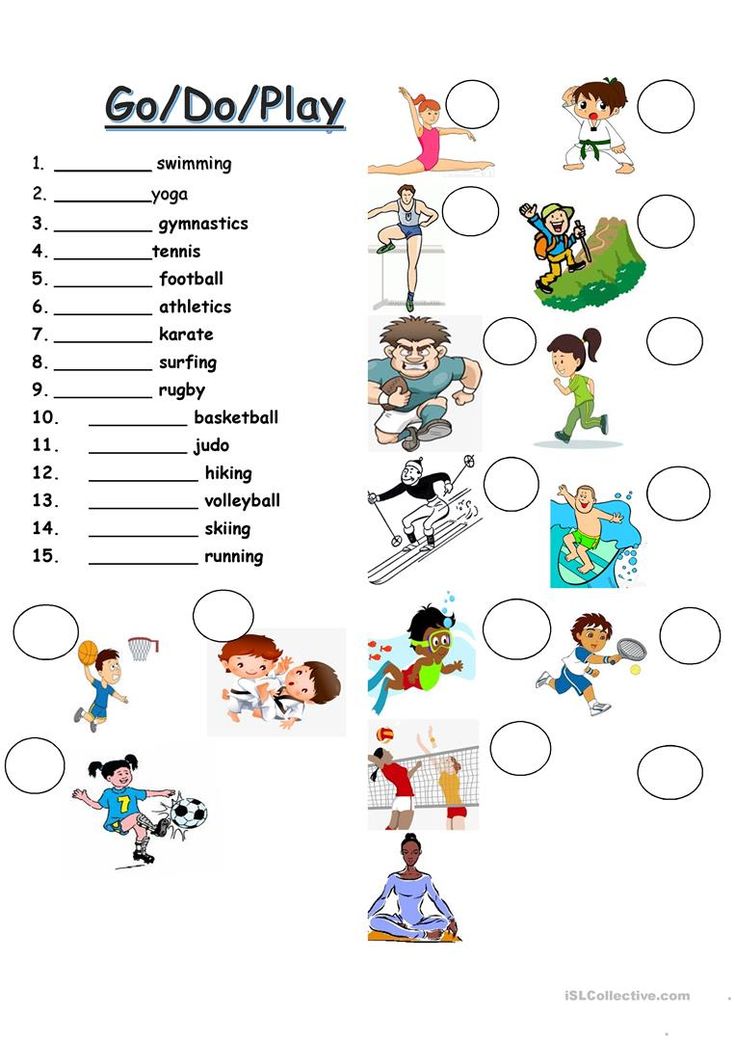
- 3D modeling.
- Web design.
Sign up for a trial lesson: in an hour you will learn how online learning works and which course is best for your child.
GeekSchool ignites the hearts and minds of future IT professionals:
- Career guidance . The child tries himself in the role of different IT specialists and begins to better understand who to work in the future and how to apply his abilities after school.
- Engage in online learning . The children do not just communicate with the teacher, but participate in quizzes, team competitions, tests, physical education sessions, warm-ups, and discussions.
- Improve academic performance . The child, relying on current knowledge, broadens his horizons and begins to be more interested in school subjects.
- Target result . During the training, the child creates several projects: personal after each lesson, team and final at the end of the training.

